|
What roles should parents play in the K-12 educations of their children? According to some Nebraska organizations, parents should be willing students. They should allow government employees to come into their homes when their children are infants so they can be taught how to raise their children. Parents should order “I Love Public School” t-shirts (which are now available in infant sizes, according to the @NElovesPS Twitter feed) and wear them with pride. They should be cheerleaders for a government organization that is constantly trying to extend its reach and acquire more power. When children are old enough to attend the local district public school, parents should join the PTA. As members of the PTA, parents can raise more money for the schools (because nearly $12,000 per year per student just isn’t enough), jot down the weights of children during health checks, and hand bean bags to students at the fall carnival. In other words, parents can be involved in activities that don’t have anything to do with academics. There’s nothing wrong with parents helping with health checks or working booths at carnivals--in fact, these can be great ways to get to know other parents and teachers at the school. But when parents are led to believe that their job as parents is to take direction from an organization that profits from their children’s involvement, kids are put at risk. And when parents have no other choices for their children's educations, they lose interest in the primary reason their children attend school. In this blog post we’ll do two things. First, we’ll look at some of the ad campaign messaging being directed at Nebraska parents about their roles in K-12 education. Second, we’ll talk about how school choice puts parents back in control and encourages greater parental involvement. The Insulting NElovesPS Ad CampaignLet’s start with this one. NElovesPS reminds parents that “little ones don’t come with a set of instructions when they’re born.” How often have parents lamented this fact. When parents repeat this common phrase, they often talk about how different their children are. You finally figure out how to motivate your oldest child to eat broccoli and then you realize that the same methods don’t work at all with her younger brother. But that doesn’t seem to be what NElovesPS is talking about here. They suggest that if you’re unclear about how to be a good parent (starting “the moment a child is born”), you should ask Crete Public Schools for help. There are undoubtedly some very wise and good people working for Crete Public Schools. But the suggestion that they know what’s best for every child and that they know better than their parents is just silly (and insulting to the parents). Here’s another: “The most promising approach to #earlyed is one that involves parents directly.” And don't forget: "Most parents want to be great parents." They want to, but they just don't have what it takes. We have two parents, a baby, and a woman showing them a picture on an iPad. It appears that the woman with the iPad is a visitor to the home, but she’s the expert. You can tell. From the tone of this advertisement, it’s pretty clear that the woman in the blue shirt is the boss. She has the authority and the state-funded technology. She has the plan for the baby’s life. The parents are submissive to her because they understand that things will go best for the baby if they’re “involved” but not “in charge.” Is this assumption really true? Does the lady in blue really know what’s best? Are her own children in daycare while she's telling Henry's parents how to raise him? Does she know that little Henry started sitting up at 5 months and that he’s allergic to soy? Does she know that his grandfather had dyslexia? Does she know that Henry responds especially well to music but hates the sound of the blender? Of course she doesn’t. It’s not that the lady in blue is deficient in any way. She’s just not his mother, so there are a million things she doesn’t know about this child. And yet, because of credentials offered to her, she assumes a position of authority over fellow citizens. Here’s little Henry again with his obviously loving mother. NElovesPS reminds us that “Parents are one of the most critical factors.” They don’t want parents to feel cut out of the equation completely (that’s currently against the law), but they do want to remind parents that they’re not the only factor. It’s a little unclear from this ad what the factors are about. Are we talking about factors of academic success? Factors of pliability? Factors of conformity to the current education system? Not sure. But one message from this ad is clear: if you’re a loving mother like Henry’s, you’ll get on board with the whole Nebraska early childhood plan. It’s a clever way to extend power and influence. If the public school system waits to start educating children until they're 5 or 6 years old, the system will have missed out on a lot of opportunity. Some of the kids’ ideas and habits will already be formed by kindergarten. Also, they’ll miss out on a lot of money and political power. This may sound overly cynical, but ad campaigns like this one, which attempt to nudge parents away from their sacred duties to raise their children, deserve extreme skepticism. It’s worth noting that NElovesPS is funded by the Sherwood Foundation, Susan Buffett’s organization that “promotes equity through social justice initiatives enhancing the quality of life in Nebraska.” And the Buffett Early Childhood Institute is “working to develop a comprehensive plan for expanding and strengthening the state’s early childhood workforce.” What better way to create more jobs in early childhood education than to hire people like the lady in blue to go into people’s homes and tell them how to raise their children? School Choice is the Answer to These ProblemsThe advertisements in the above 2 Twitter posts address one problem: educational inequality. NElovesPS is absolutely right that the same educational opportunities should be there for every child. The way to make that possible is to invite real, meaningful school choice to Nebraska.
When parents have the choice between several different schools to send their children to, several important things happen. 1. Parents get involved. Most parents in Nebraska can't send their kids to private school or take the time to homeschool. They're left with the district public schools. Advocates of the status quo frequently remind us that these parents can send their children to "any public school they want." This is true. It's like telling parents they can eat at any McDonald's in town that they can reasonably drive to every day. Some McDonald's have a playland, and some might offer pumpkin milkshakes at Thanksgiving, but they're virtually the same. Give parents real choices, however, and their interest is piqued. Suddenly, parents in the park are discussing the differences between Saxon, Houghton Mifflin, and Singapore math because the accessible schools in the area have chosen different math curricula. They start researching their different options on the internet and weighing the options against their children's strengths, weaknesses, and interests. They can afford these schools, either because they're tuition-free public charter schools or because their children have acquired Opportunity Scholarships or funds from an Education Savings Account to attend private school (there are currently bills in the Nebraska legislature for ESAs, tax-credit scholarships, and public charter schools). Here's another way to look at it: Are you more interested in dinner when you get to choose from a menu or when you simply have to eat what's brought to you? Parents who previously couldn't muster the interest in their no-choice situation are suddenly very interested when they get to make meaningful educational choices--choices that chart their kids' futures instead of just boost the morale of the local public school. Do you think the parents in the NElovesPS ads would feel more empowered by going out and finding the best fit for little Henry? Of course they would! When parents are empowered to choose because there are several cost-free options available, they focus on what's important. For most parents, academic success is most important. For the Sherwood Foundation, social justice is their goal. 2. All Schools Improve When all parents (even low-income parents) have quality, affordable (free) choices available, everything turns upside down--and that's why the Nebraska education establishment is fighting school choice with such vehemence. Instead of coming into your home to tell you "how to be a great parent," public school employees would be trying to find out what you want so they can provide it. If they can't figure out how to provide what parents want, they will lose students (and the funding that accompanies those students). As mentioned previously, most parents place academic success as their highest priority. If the local district school wants to compete in a school choice environment, it will have to muffle its social justice agenda and focus on math, writing, reading, science, and history. NElovesPS is absolutely right: "What you want for your child should be there for every child." Just ask the members of the LPS School Board. Thanks to ever-expanding educational technology, more and more options are becoming available to students in Nebraska even without legislative help, although we're still one of the few states in the U.S. without any meaningful school choice, especially for children in low-income households. In order to reach those most at risk, parents need access to quality options. They don't need to be told that despite their good intentions they're inadequate. It's simply not true. Why would any organization that genuinely cares about children insult their parents or question the parents' authority?
1 Comment
2/22/2017 09:32:39 am
Starting up a new education blog for Nebraska. Loved your blog about parental involvement. Cited it at the bottom. This blog is not quite ready for launch yet but should be soon. Thanks for all you are doing. Hope you like:
Reply
Your comment will be posted after it is approved.
Leave a Reply. |
|
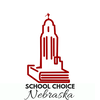

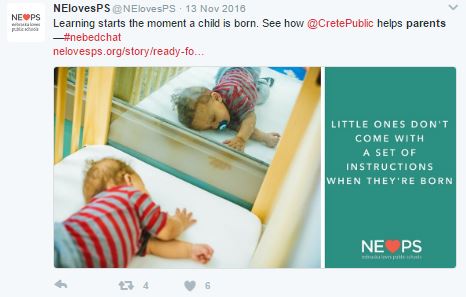
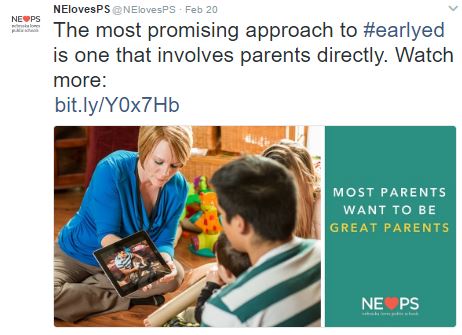
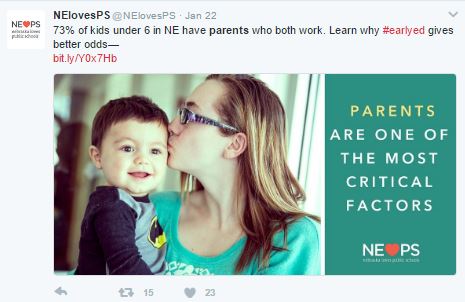
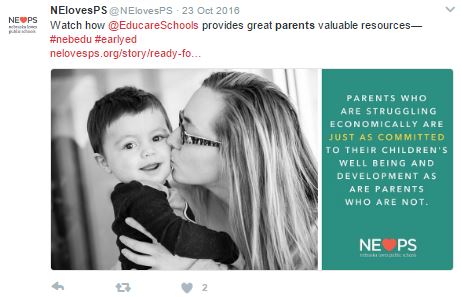
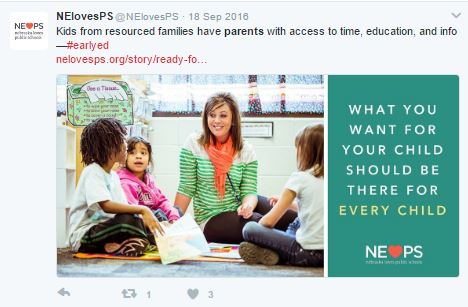
 RSS Feed
RSS Feed